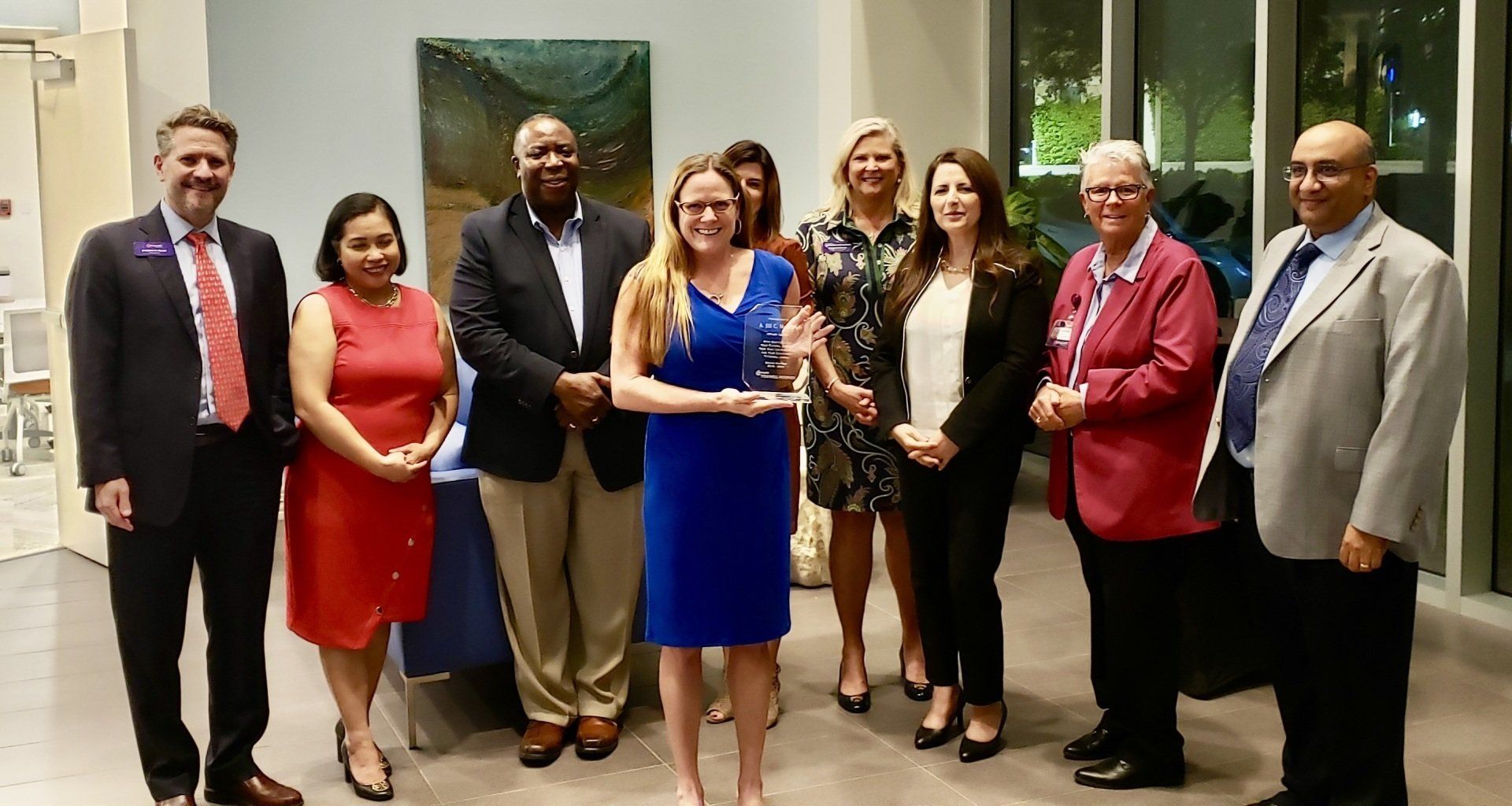Office: (941) 205-1122
VITAL STEPS YOU NEED TO TAKE TO BECOME A FLORIDA RESIDENT
You’ve decided to become a Florida resident and take advantage of the great tax benefits in addition to plenty of sunshine and smiles year-round that Floridians enjoy. Purchasing a home and moving in is just the beginning to enjoying a relaxing Florida lifestyle. There are vital steps that you need to complete in order to avail yourself of these tax benefits such as:
- No Income Tax
- No Estate, Gift or Inheritance Tax
- No Capital Gains Tax
- Homestead Tax Benefits
- Homestead Creditor Protection
Florida law defines domicile as the manifestation of a person who resides in and maintains a place of abode where he or she recognizes and intends to maintain as a permanent home. See Fla. Stat. §222.17. If you maintain a residence up north, you may manifest and evidence your domicile in Florida by filing in the clerk of court’s office a sworn statement, called a Declaration of Domicile, that your place of abode in Florida constitutes your permanent and principal home and that you intend to continue it permanently as such.
Are you finding a theme here? Yes. It is your INTENT! There is no minimum time limit which you have to meet in order to become a Florida resident. As soon as you move here (whether you rent or own) and as long as you intend to be a Florida resident, then you are!
So, if Florida has no minimum time limit before you are eligible for residency, then why the need to manifest your intent and file the sworn statement with the clerk of court? Many Florida residents own property up north and those northern states do have time limits and other obscure rules that may not be based on just domicile. Moreover, northern states have a common theme for implementing these tricky rules … taxation, taxation, and more taxation. Thus, the northern state stands to lose a lot of money on you if you are no longer a resident or no longer fall within their taxable parameters.
Florida, on the other hand, is the fortunate destination for many vacationers and so the primary tax base comes from Florida’s tourists taking advantage of accommodations, restaurants, shopping, and recreation. These visitors produce enough tax revenue to sustain our Florida economy and provide a significant tax break to our residents.
So, is it as simple as filing a sworn statement? Well, yes, if all you were trying to do is let Florida know you are here to stay, but does that alone establish your INTENT to the satisfaction of the northern state, which desperately wants and needs your tax dollars? If you guessed, “NO,” then you guessed right.
INTENT is one of those malleable legal terms that doesn’t have a defined parameter. Rather, it is a facts and circumstances test and it is up to the person claiming their intent to be a Florida resident to prove the facts and circumstances surrounding that intent. The more facts and circumstances you create in your favor, the heaver the weight of the evidence that you are a Florida resident and the more difficult it becomes for that northern state to claim you are not.
The Florida property appraisers are charged by the state legislature with making a factual determination that a resident is permanent before granting a homestead exemption to that person. See Fla. Stat. §165.015. Although any one factor is not conclusive, the legislature has found the following factors to be considered in making the determination of your “intent:”
- Recording the Declaration of Domicile
- Date of non-Florida residency termination
- Proof of Voter Registration
- Valid Florida Driver’s License or Identification Card
- Evidence of relinquishment of non-Florida driver’s license
- Florida License Tag
- Location where bank accounts and statements are registered
- Proof of payment for utilities at the property for which permanent residence is being claimed
In addition to the facts proved above, you may still work or have school age children, so your place of employment and children’s school registration could be looked at. Your religious organization, social & civic clubs, as well as the place where you receive your mail can be called into question as evidence against your intent to become a Florida resident.
Usually this question arises when your northern state realizes they have lost out on tax revenue. Taxes come into play when money moves. So for example, you buy or sell property, you make a gift, you pass away and your estate is transferred to your heirs. These are all examples of when a domicile audit could be triggered and if you are not ready to defend yourself, you could be looking at severe taxes, penalties and interest due to the northern state. Generally, the burden of proof is on YOU to show your intent!
I strongly encourage you to seek the advice of an attorney in the state you are concerned may claim you are still a resident or where you own property, assets, or have income generated. There are multiple varieties of taxes and applications and some don’t just depend on residency or intent. This article is not intended to be all inclusive for every situation, but rather is designed to bring to the forefront the depth of this topic. If you have any specific questions for your particular circumstance, I encourage you to contact a professional as you cannot rely on this article for legal advice.
Author Biography:
A. Jill C. McCrory is a transactional tax attorney, who focuses on asset transfers in the context of wills, trusts, estates, probate, asset preservation, real estate, business and succession planning. Jill has been a member of the Florida Bar since May of 2002, belonging to the Tax Law Section, and Real Property, Probate & Trust Law Section and the Charlotte County Bar Association. She attended the University of Florida, obtaining a Bachelor of Science with High Honors; a Juris Doctorate with Honors; and a Master of Laws in Taxation. Jill was previously as an adjunct law professor at Florida Gulf Coast University, teaching Florida Estates Trust & Probate and Elder Law to graduating seniors and at the Lifelong Learning Institute. The McCrory Law Firm has won numerous awards including the University of Florida Inaugural Gator 100 honoring the world’s fastest growing Gator-owned companies, Charlotte Sun Newspapers Reader’s Choice Awards, Charlotte County Chamber of Commerce Business of the Year, and Harbor Style Magazine, Harbor’s Hottest Award.


